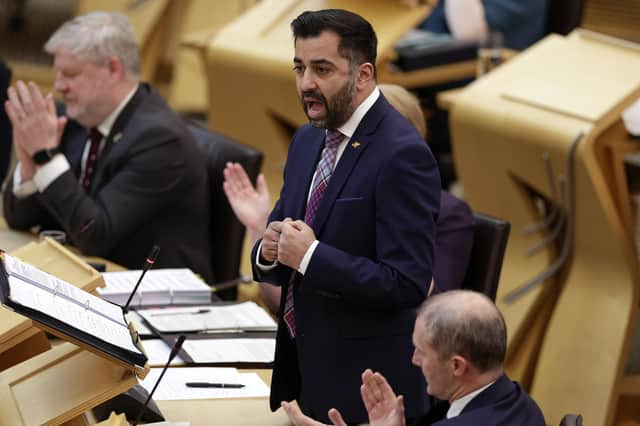Scotland's Hate Crime Act must not be over-zealously enforced – Scotsman comment


It’s all done – bar the shouting. Scotland is about to find out whether the Hate Crime Act is the sensible, workable piece of legislation that the Scottish Government claims or if it will cause a deluge of vexatious complaints that force Police Scotland to spend vast amounts of time and energy meddling in contentious political issues.
According to its supporters, like Vic Valentine of the Trans Alliance, “not much” will change when the new law comes into force tomorrow. Writing in the paper today, Valentine stresses the importance of recording crimes motivated by prejudice and reflecting this when sentencing people for assaults and other crimes against the trans community and others. But they also welcome protections for freedom of speech in the Act, saying courts “must bear in mind the right to freedom of expression, including that the right applies to expressions that offend, shock or disturb”.
Advertisement
Hide AdAdvertisement
Hide Ad“There is a big gap, as there absolutely should be, between things people say that we find upsetting, offensive – transphobic, even – and things that are criminal,” Valentine writes. “… Do I disagree, profoundly, with many of the things that are said about and to trans people on a daily basis? Of course... But complaining to the police about offensive views that people are lawfully allowed to hold and express is no solution to the rise in prejudice and hateful sentiment, nor is it the right thing to do.”
The phrase “views that people are lawfully allowed to hold” may raise the hackles of those concerned about Act’s effects on freedom of speech. The legal expert Alistair Bonnington has claimed it will turn Scotland into a “police state” with the media controlled by “the kind of restrictive regime we haven't seen since the Middle Ages”. Journalist and writer Toby Young, director of the Free Speech Union, writing today, says that “free speech has been on life support for several years, but with the activation of the [Act], the government has finally pulled the plug”.
The spirit of the law may be well-intended, but we fear its unintended consequences may be profound, particularly if over-zealously enforced.
